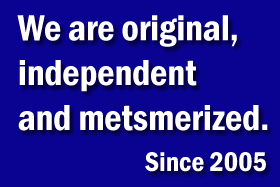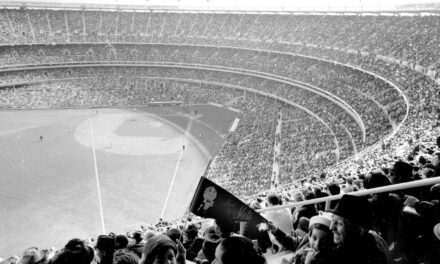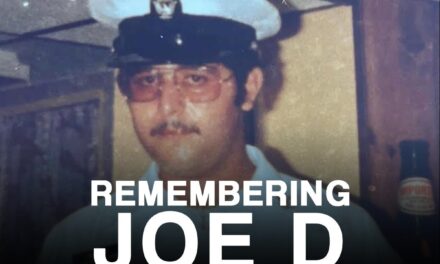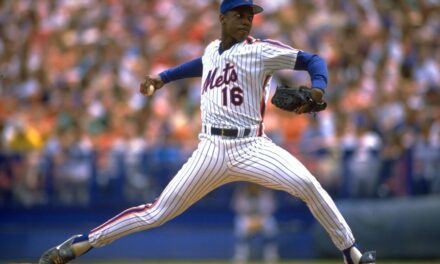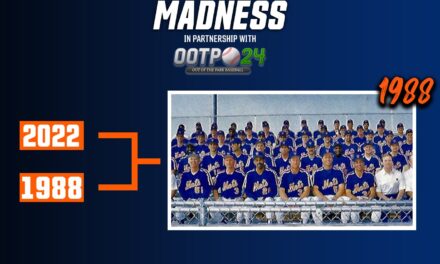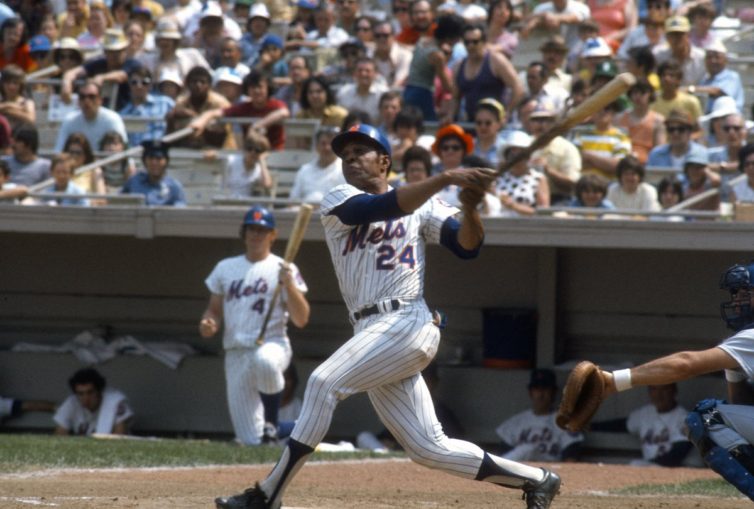
The pages of Mays’ storybook career were yellowing at the edges. But his star had yet to fade. Now, the Giant icon was returning to the city where it all began.
Willie Mays became the game’s best player in San Francisco. Yet he remained a beloved figure in New York — even 15 years after the Giants had moved to the West Coast.
Mets owner Joan Payson, once a New York Giants stakeholder when Mays began reaching his height, gave her endorsement for a trade that would bring Mays back to the Big Apple. On May 11, New York obtained the 41-year-old from San Francisco in exchange for pitcher Charlie Williams and $50,000.
It seemed more sentimental than practical.
Mays batted .271 in 1971 with 18 home runs, 61 RBIs, and 123 strikeouts. It only got worse to start 1972. In 49 at-bats, he was hitting .184 without a home run. It got so bad that Giants manage Charlie Fox benched him.
“It’s a wonderful feeling and I’m very thankful I can come back to New York,” Mays said shortly after the trade. “I don’t think I’m just on display here. There’s no doubt in my mind that I can help the Mets if I’m used in the right way.”
For the greatest center fielder ever who stirred at the notion that the team he helped for so long found him expendable, it was a measure of motivation. Especially when his first game as a Met came against the Giants three days later on a damp Shea afternoon covered in raindrops and dripping with nostalgia.
It took until the fifth inning for Willie to remind the fans and his newfound opponents what he had done 646 times already. After walking and scoring in the first, he stepped in against starter Don Carrithers.
Mays connected and drove it over the left-center field fence—a literal blast from the past. It would be the difference in a 5–4 Mets victory. His trot around the bases was unsurprisingly accompanied by a raucous ovation, indicative of the adoration he still carried in New York.
Mays’s storied MLB career would end as a Met, which ran through the 1973 season. In that time, he made the last two of his 24 All-Star Games and ultimately a final World Series send-off that was far from the legend to which all baseball fans had been accustomed.
Following retirement, Mays remained in the Mets organization as a coach until 1979 before eventually making amends with the Giants.
